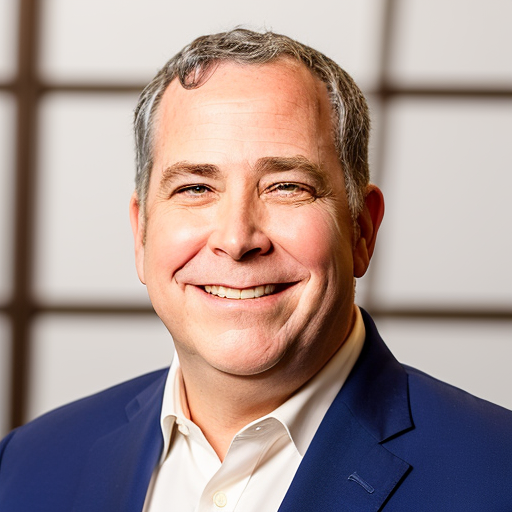Opinion: Community engagement is an ethical imperative
“To be efficient in getting to the heart of the matter in life, know what matters to the heart.” This quote by writer and storyteller, Cindy Yantis, has been the mantra that frames my community-engaged research. Quite simply, how can social and behavioral scientists opine about various phenomena and results of their research without first understanding if, how, and why that issue is important to the people experiencing it? How else can researchers know these things at the core of a research question without the meaningful participation of individuals with relevant lived experiences?
My research is focused on reducing health disparities to optimize HIV outcomes; for the past 28 years, I have far too often observed how important research findings have missed their marks because the implications of the study results meant nothing to the very individuals it was meant to impact. Because of these experiences, all my research is purposefully community-engaged.
Engaging community members in public health initiatives, such as improving HIV prevention and treatment, is often suggested as a viable means to reducing health inequities, and community engagement approaches are key components in prevention, treatment, and research guidelines established by the World Health Organization (WHO), National Institutes of Health (NIH), Centers for Disease Control and Prevention (CDC), the Substance Abuse and Mental Health Services Administration (SAMHSA), among others. And, there is additional justification for a community-engaged approach: 1) Social and behavioral prevention and interventions take place at the community level; 2) disadvantaged groups systematically suffer from worse health outcomes; and 3) solid evidence exists that community engagement interventions have positive impacts on a range of health outcomes across various conditions.
Building meaningful community engagement increases the likelihood of long-term benefits in the community. It can ensure that disparities and inequalities are not inadvertently replicated or reinforced.
Dr. Scott Batey
For me, community engagement has even more relevance. In fact, it’s a matter of ethics. Building meaningful community engagement increases the likelihood of long-term benefits in the community. It can ensure that disparities and inequalities are not inadvertently replicated or reinforced. Further, community engagement prioritizes management of stigma and involuntary isolation, which are particularly powerful forces in HIV care. To be clear, community engagement is more than just community participation. At its highest level, community engagement is characterized by collaboratively working toward shared goals and interests, and there is mutual benefit in the collaborative. At its core, community engagement is built on authentic partnerships consisting of mutual respect and active, inclusive participation. Power is shared, and equity among all players—researcher, community mobilizer, service providers, and other community members—is prioritized. Everyone has something important to share, and everyone has an equal opportunity to share it.
Dr. D. Scott Batey is a Professor in the School of Social Work at Tulane University. Prior to his transition to Tulane, Dr. Batey served as faculty of the Department of Social Work, College of Arts and Sciences, at the University of Alabama at Birmingham (UAB) where he directed the Honors Program. He maintains an affiliation as Scientist with the UAB Center for AIDS Research (CFAR), where he led the Center’s community engagement efforts as the Engagement and Continuum of Care Specialist for five years. In general, Dr. Batey’s research focuses on eliminating health disparities, especially those prominent along the HIV Care Continuum. Within this framework, he conducts mixed-methods research to improve HIV health outcomes among people living with or at risk for acquiring HIV. Informed by 26 years’ experience as a licensed social work clinician, his implementation research especially leverages the inherent skills of social workers to uniquely deliver evidence-based interventions; it is routinely community-placed and community-driven. His major scientific contributions center on implementation of promising interventions and delivery strategies that effectively and efficiently address gaps in the HIV Care Continuum, utilize evidence-based social work practice, reduce health-related stigmas, and optimize the primary medical clinic-community interface.

